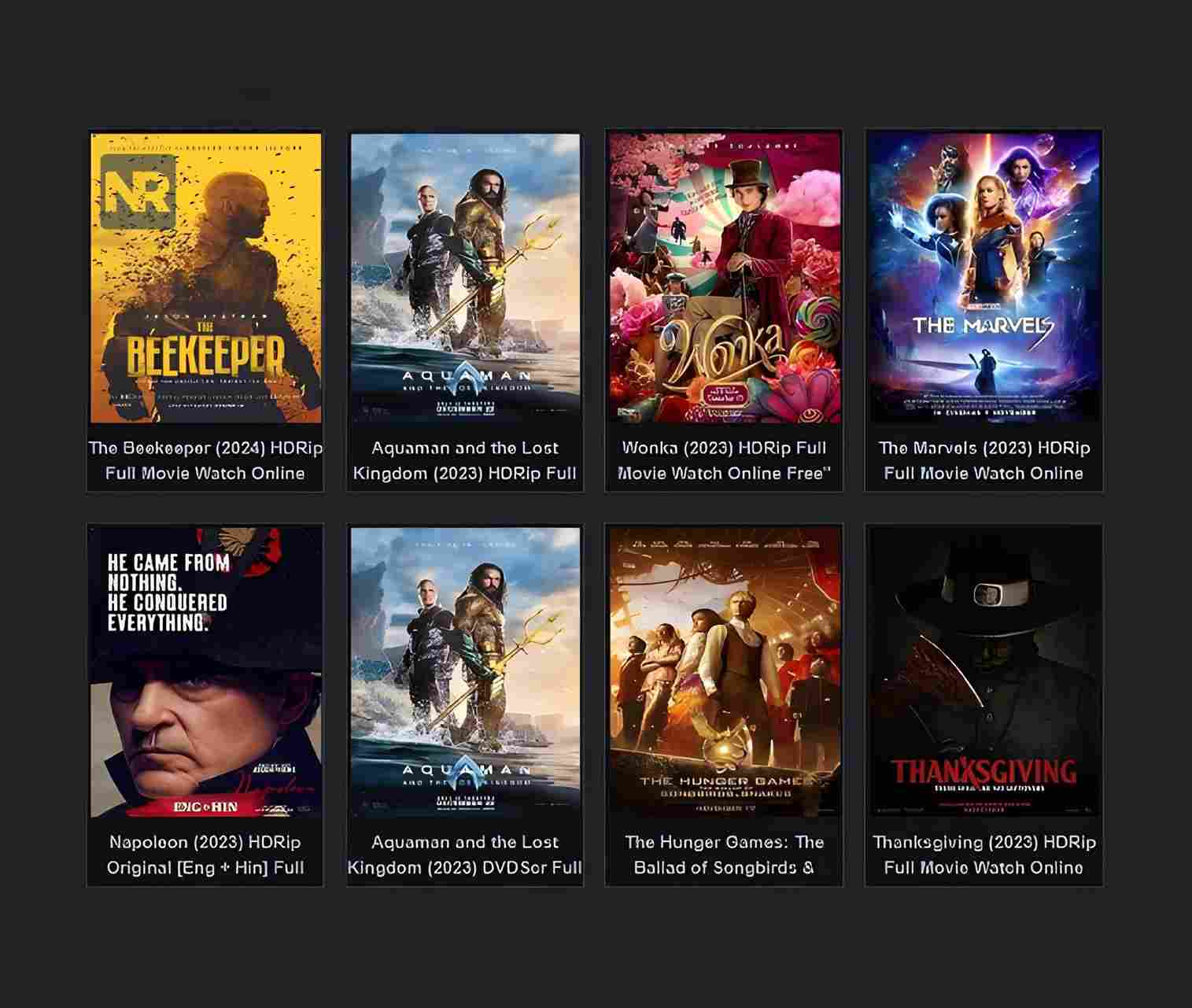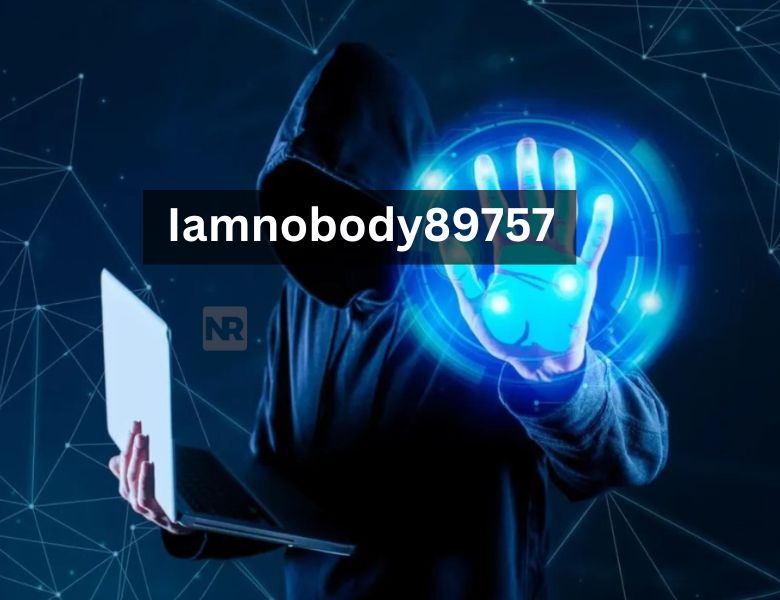
By: Admin
Mar 3, 2024
Uwatchfreemovies: Legality And Ethical Concerns Explained
In today's digital age, the accessibility of movies has expanded exponentially. Gone are the days when one had to rely solely on theaters to catch the latest releases. With the advent of online streaming platforms, watching movies has become more convenient than ever before. However, amidst this convenience lies a shadowy realm of piracy, exemplified by websites like Uwatchfreemovies.
What exactly is Uwatchfreemovies? Established in 2013, Uwatchfreemovies emerged as a piracy website offering a plethora of copyrighted content ranging from the latest Bollywood and Hollywood blockbusters to TV shows, web series, and music albums. Its extensive database boasts offerings in various languages, catering to diverse audiences worldwide. However, its modus operandi raises significant legal and ethical questions.
The allure of Uwatchfreemovies lies in its promise of free, unrestricted access to premium content. With a few clicks, users can delve into a treasure trove of cinematic experiences without paying a dime. But at what cost does this convenience come?
Uwatchfreemovies operates in a legal gray area, treading the thin line between convenience and criminality. By offering copyrighted material without authorization, it infringes upon the rights of content creators and distributors. The movies, TV shows, and music albums available on the platform are often sourced through unauthorized means, leading to financial losses for the creators.
The legality of Uwatchfreemovies is a matter of contention. While some argue that it provides a service by making content accessible to those who cannot afford traditional means of entertainment, others condemn it as a breeding ground for piracy and copyright infringement. The ethical implications of supporting such platforms are profound, raising questions about the value we place on intellectual property and creative endeavors.
One of the primary concerns surrounding Uwatchfreemovies is its impact on the entertainment industry. The film industry, in particular, relies heavily on box office revenues and legitimate streaming services to sustain itself. Piracy threatens this ecosystem by diverting viewership away from legal channels, depriving creators of their rightful earnings and discouraging future investment in original content.
The rise of Uwatchfreemovies mirrors a broader trend in the digital landscape, where the boundaries between legality and illegality are increasingly blurred. While the internet has democratized access to information and entertainment, it has also facilitated the proliferation of illicit activities such as piracy and copyright infringement. In this digital Wild West, navigating the ethical complexities of online consumption can be daunting.
But what compels users to patronize platforms like Uwatchfreemovies despite the ethical and legal implications? The answer lies in the allure of free content and the perception of anonymity afforded by the internet. For many, the temptation to bypass traditional distribution channels and access premium content without cost outweighs concerns about the legality or morality of their actions.
However, the consequences of piracy extend far beyond the individual act of downloading a movie or TV show. Each click on a pirated link contributes to a chain of events that undermines the very fabric of the entertainment industry. From lost revenues to compromised artistic integrity, the ripple effects of piracy are felt across the entire creative ecosystem.
Moreover, the proliferation of piracy poses a threat to cybersecurity, as users expose themselves to malware, viruses, and other digital threats when accessing illicit content. The same pop-up ads and redirections that fund platforms like Uwatchfreemovies can also serve as vectors for malicious software, putting unsuspecting users at risk.
In response to the growing menace of piracy, governments and industry stakeholders have taken steps to combat illegal streaming sites like Uwatchfreemovies. Legislative measures, such as the Digital Millennium Copyright Act (DMCA) in the United States, aim to protect intellectual property rights and hold perpetrators of online piracy accountable.
Additionally, content creators and distributors have ramped up efforts to educate the public about the consequences of piracy and promote legal alternatives for accessing content. Subscription-based streaming services like Netflix, Amazon Prime, and Disney+ offer a legitimate alternative to piracy, providing users with a vast library of movies and TV shows at affordable prices.
However, the battle against piracy is far from over. As long as there is demand for free, on-demand entertainment, platforms like Uwatchfreemovies will continue to thrive, adapting to evade legal scrutiny and technological barriers. To truly combat piracy, a multipronged approach is needed, encompassing legal enforcement, consumer education, and technological innovation.
Ultimately, the choice to support piracy or uphold the principles of intellectual property rights rests with each individual. By understanding the implications of their actions and making informed choices about how they consume media, users can play a pivotal role in shaping the future of the entertainment industry. In a world inundated with choices, the decision to support creativity and innovation is a powerful statement in itself.
Leave a Comment
LATEST POSTS

Eyeshadow In Spanish: Embrace The Hottest Colors And Techniques

Corporette: Empowering Professional Women

Deciphering The Enigma: Unveiling The Secrets Of Iamnobody89757

The Unforgettable Styles Of Bob Mackie Fashions

0960 What Network? An Inside And Out Examination

Mother's Day In Uae: A Genuine Festival Of Parenthood
